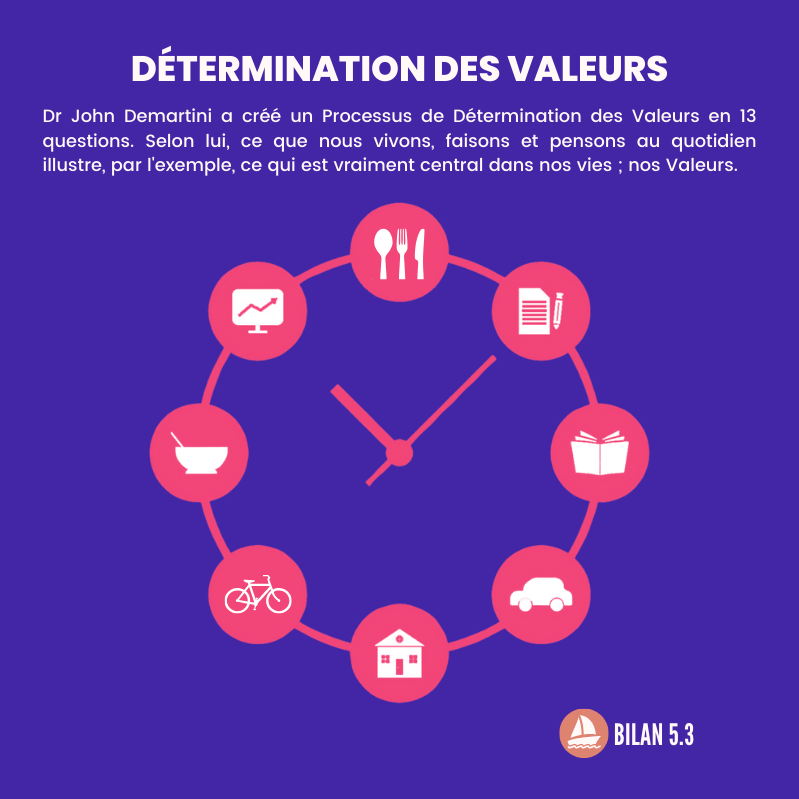
Do you need supplementation?
Not everyone eats and lives equally healthy every day. The latest Food Consumption Survey by the RIVM shows that we are eating less and less fruit and vegetables. Additional supplementation may therefore be advisable in some cases. Five frequently asked questions about dietary supplements.
More and more people are using extra vitamins and minerals. As a helping hand in a stressful period, during weight loss, to increase the resistance or simply because there is not always a healthy diet. The 5 most frequently asked questions about dietary supplements in a row.
1. What is a dietary supplement?
Dietary supplements are available in different forms: tablets, drops, sprays and chewable and effervescent tablets. They are not medicines and therefore available without a prescription at drugstores, pharmacies and supermarkets. There are different types of supplements on the market. Supplements containing only one or a few vitamins, but also supplements containing almost all vitamins and minerals, the so-called multivitamins.
2. How much do you have required?
In the Netherlands, the Health Council has determined the Recommended Daily Allowance, or RDA, for each population group. This amount has been established in such a way that most of the population is assured of the correct amount of a particular vitamin or mineral. The Vitamin Information Bureau recommends choosing a supplement containing 100 percent to 300 percent of the RDI, if needed. There is an RDA on the packaging of a supplement or food, but it does not distinguish between different population groups, gender and/or age. This RDA is only an indication. Pregnant women, vegetarians and the elderly sometimes need a little extra of certain nutrients.
3. Who Needs Extra Vitamins?
As mentioned, there are people who could use an extra helping hand. Think of:
– Women who are pregnant or want to become pregnant
– Women who are breastfeeding
– Babies and children up to 4 years
– Women over 50 years old
– Men over 70 years old
– People who do not get outside enough or cover their skin
– People with tan skin.
– People who live in a nursing or care home
– Vegans
In addition, there are groups that have to pay extra attention to their (eating) habits because of a greater chance of a vitamin deficiency; (top) athletes, dieters, the elderly, smokers, vegetarians, the sick and drug users. A multivitamin can also be a good supplement for them.
4. Are dietary supplements safe?
In the Netherlands, all supplements must meet the legal requirements stated in the Commodities Act. In addition, a safe upper limit has been established for a large number of vitamins; because sometimes you can get too much of it. If this is not available, the Vitamin Information Bureau uses a guideline of a maximum of 5 x the RDA per day.
5. Are vitamins from a supplement properly absorbed?
There are differences in the absorption of the natural or synthetic form of vitamins. For example, the synthetic form of vitamin D, B5, B6, folic acid and vitamin B12 is better absorbed into the body than the natural form. On the other hand, vitamin E is better absorbed in the body in its natural form. There is little to no difference for the other vitamins. Once the vitamins have been absorbed into the body, there is no longer any difference between natural and synthetic vitamins. Multivitamins contain both natural and synthetic vitamins.













